The Ebiil Society: Champions of Palau
Ann Singeo, founder of our partner organization the Ebiil Society, shares her vision for a thriving Palau and a flourishing world of indigenous science!
Our new online shop is live!
Published on
October 15, 2019
Written by
Nicholas
Photo credit
Nicholas

The Conservation X Labs, a nonprofit technology startup, hosts an annual, global competition in which innovative solutions to some of our world’s greatest environmental challenges are awarded $20,000. Each year the organization selects a few key environmental issues to which the competitors must develop a novel mechanism that solves the problem. This year, Conversation X Labs chose invasive species and the challenges that surround management and detection.
CXL is seeking novel and transformative tools to conserve the world’s biodiversity and end human-induced species extinctions. We will support ideas that help decision-makers, conservationists, consumers, resource managers, and policy makers understand and act on conservation problems.”
ConservationXLabs
Island Conservation’s GIS and Data Programs Manager, David Will, spoke to the competitors and presented the threat of invasive species on islands. He explained the threat island wildlife is under due to the presence of these introduced species and highlighted some of the challenges surrounding the removal of invasive species, including confirming zero—how to be certain that no invasive species remain on an island.
The challenge has been narrowed down to the top 20 projects each of which will receive $3,500 to make their idea a reality. Seven of this year’s projects are focused specifically on the threat of invasive species including a pig-finding drone, an amphibian refuge used to detect Chytrid Fungus in frogs, and lionfish.
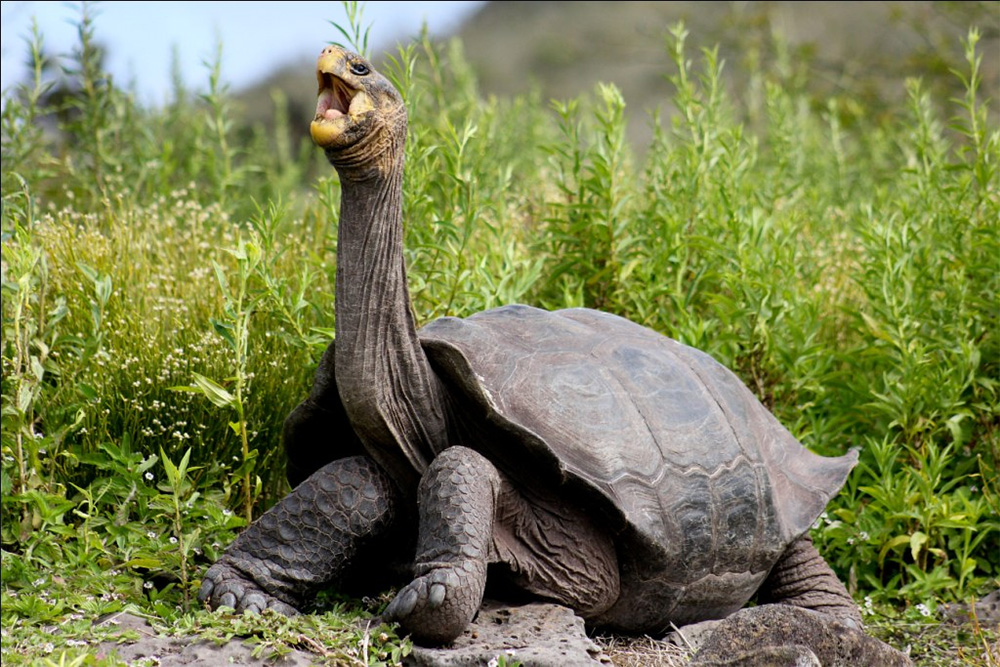
A Pig-finding drone equipped with a thermal camera to seek out the invasive feral pigs on Santa Cruz Island, Galápagos. Feral pigs are known to dig up Galápagos Giant Tortoise nests and eat their eggs—preventing new generations of tortoises from hatching.
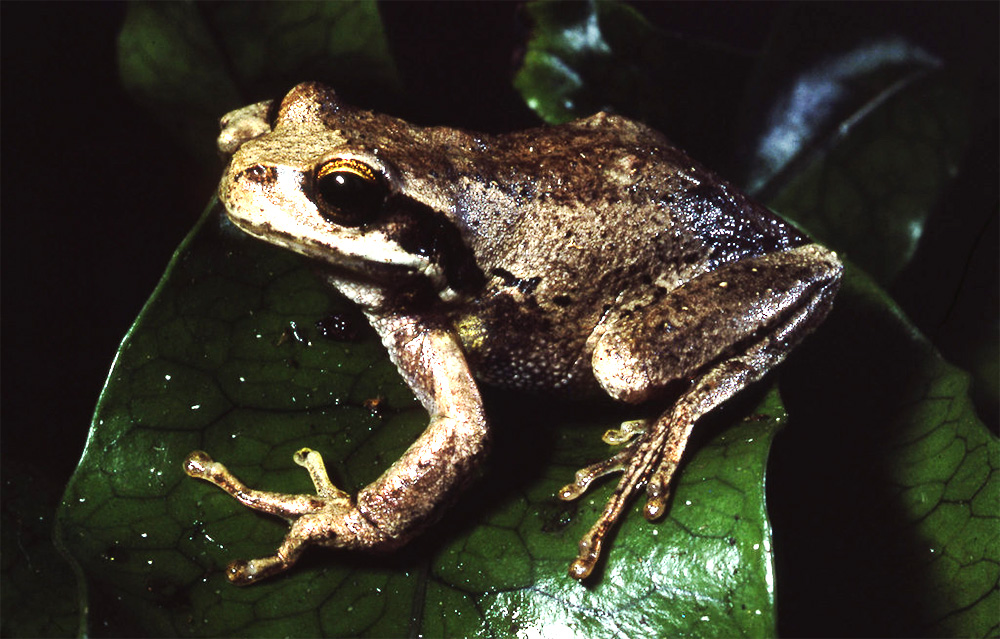
Remote Amphibian Refuges in Guatemala designed to use recorded calls to attract frogs to a small container. Once a frog is caught, researchers will be notified and can test the frog for invasive Chytrid Fungus—a deadly fungus that inhibits a frog’s ability to breathe, by tracking the fungus researchers can hopefully work towards finding a cure and slowing the spread of the disease.
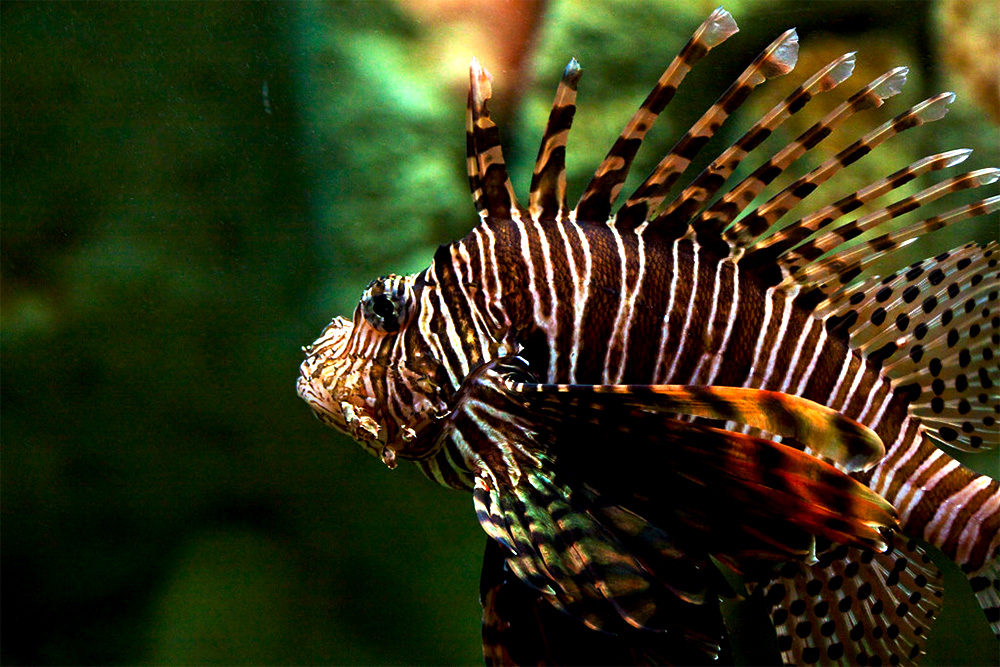
An online platform to help organize the Lionfish Supply Chain by connecting recreational divers to local processors, in an effort to reduce invasive Lionfish populations and encourage consumption of this invasive and delicious fish.
The removal of invasive species is one of the most effective conservation actions available today but is akin to a very intricate and tedious puzzle. Technology and innovation have become a cornerstone of success in the field and have proven necessary to protecting wildlife both on and off islands from the threat of introduced, invasive species.
Conservation X Labs continues to inspire the creation of innovative approaches to conservation and preventing extinctions.
Source: Mongabay
Featured photo: A juvenile Galápagos Tortoise. Credit: Island Conservation
Check out other journal entries we think you might be interested in.

Ann Singeo, founder of our partner organization the Ebiil Society, shares her vision for a thriving Palau and a flourishing world of indigenous science!

This historic agreement aims to protect the marine and coastal areas of the Southeast Pacific.

Our projects to restore key islets in Nukufetau Atoll forecast climate resilience and community benefits in Tuvalu!

Island Conservation and partners have published a new paper quantifying ecosystem resilience on restored islands!

Climate Week NYC: what is it and why is it important? Read on to find out why Island Conservation is attending this amazing event!

With sea levels on the rise, how are the coastlines of islands transforming? Read on to find out how dynamic islands really are!

Join us in celebrating the most amazing sights from around the world by checking out these fantastic conservation photos!

Rare will support the effort to restore island-ocean ecosystems by engaging the Coastal 500 network of local leaders in safeguarding biodiversity (Arlington, VA, USA) Today, international conservation organization Rare announced it has joined the Island-Ocean Connection Challenge (IOCC), a global effort to…
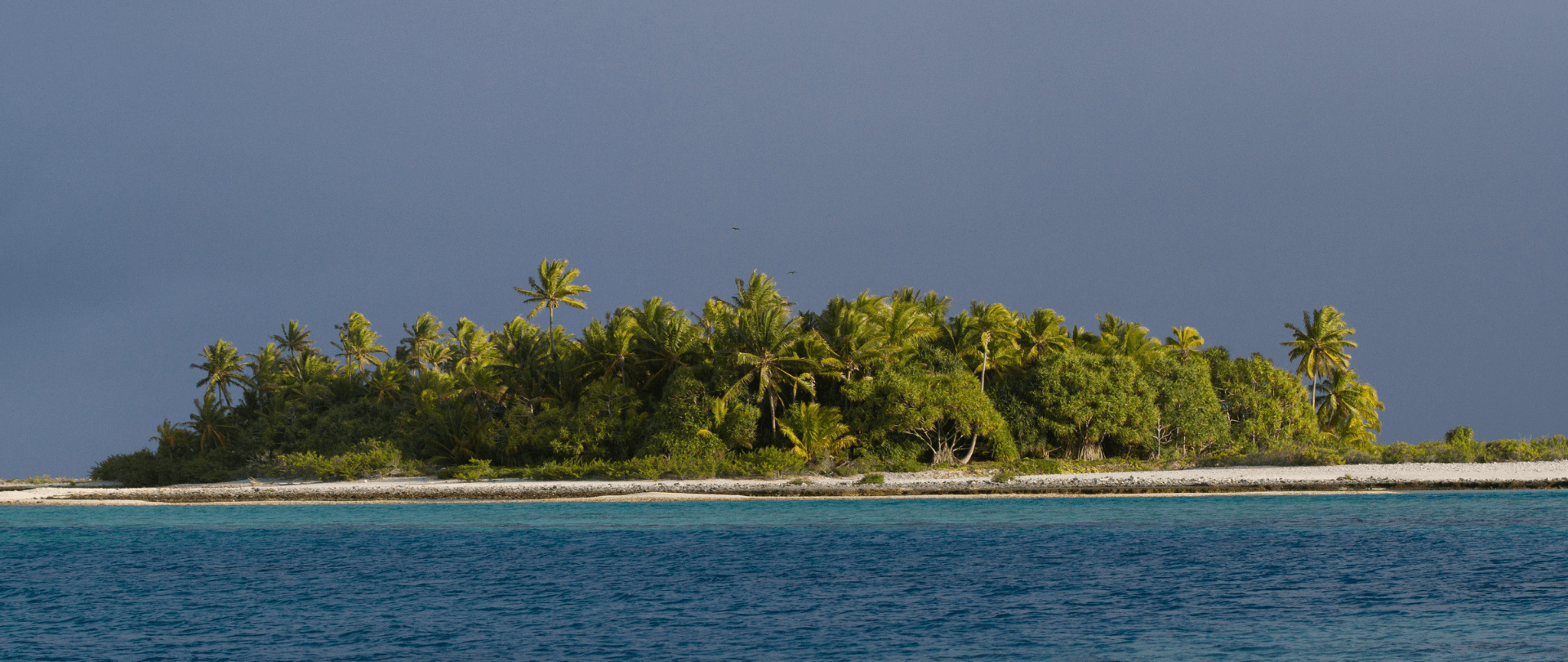
Island Conservation accepts cryptocurrency donations. Make an impact using your digital wallet today!
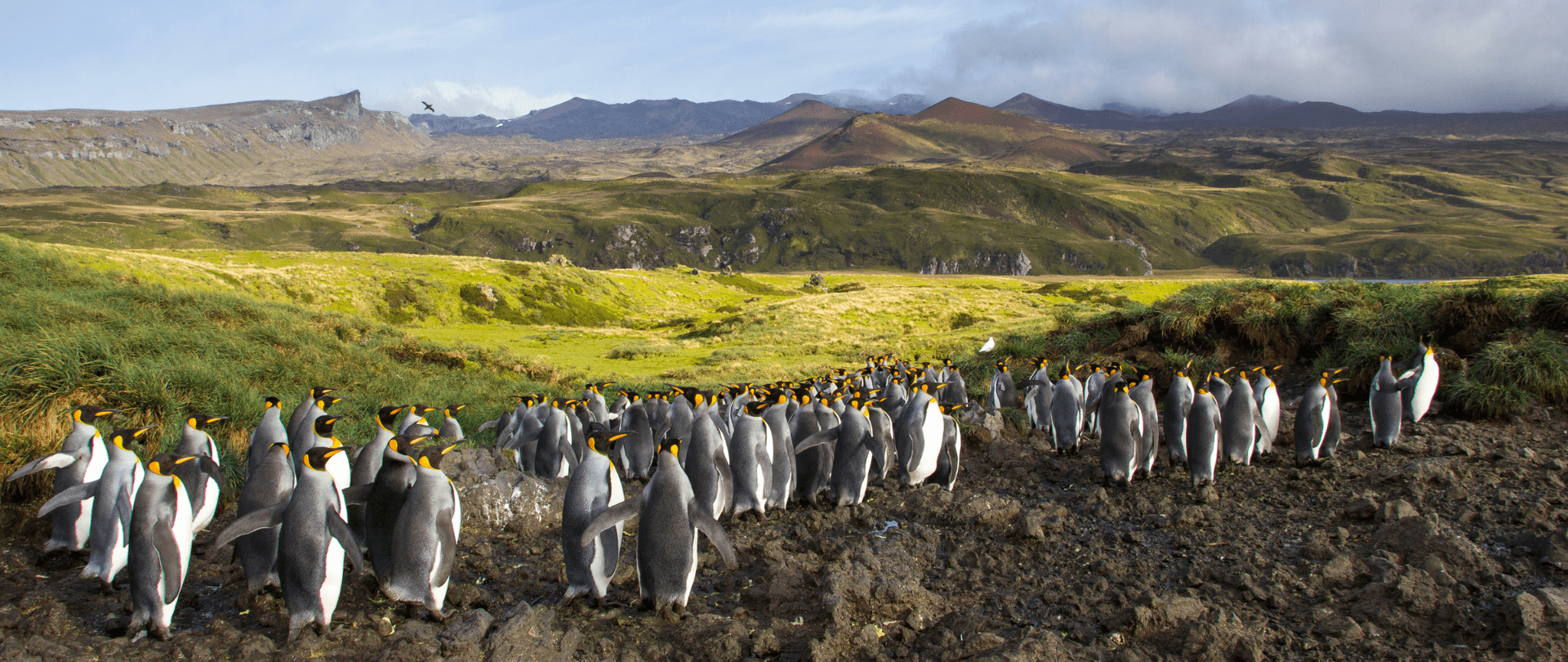
For Immediate Release Conservation powerhouse BirdLife South Africa has joined the Island-Ocean Connection Challenge (IOCC) – a global initiative aiming to restore, rewild and protect islands, oceans and communities – to support its work to save internationally significant albatross populations…